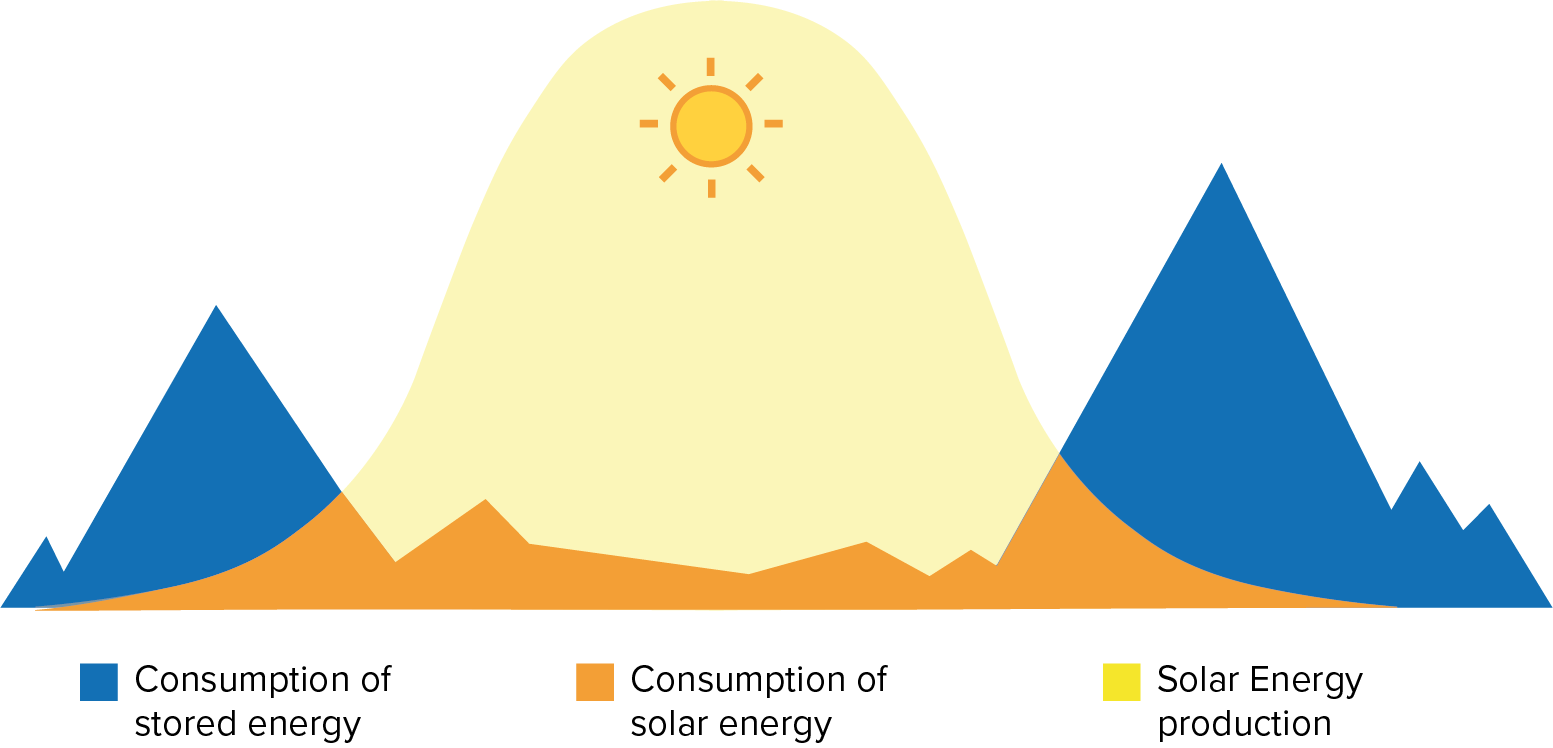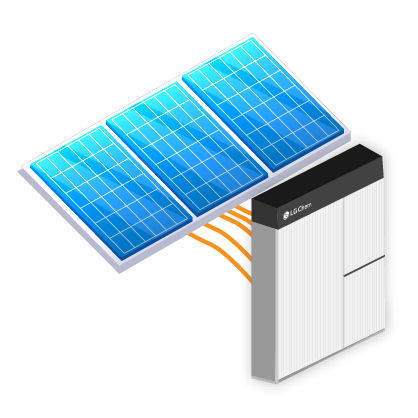How Home Batteries Help In Storms
There are several factors that influence a solar panel owner’s decision to include a home battery in their system, but one of the primary reasons has to do with the individual’s desire for energy independence.
In short, what this means is that by installing a solar panel system and a home battery, the individual is taking measures to increase their energy independence and decrease their dependence on public utilities.
Having a home battery also helps reduce your overall carbon footprint, which also is a point of emphasis for many solar panel owners.
Solar panels and home batteries are some of the best ways for the average consumer to take control over their energy needs and in turn, minimize their risk for unexpected events like power outages during storms.
Storms and other environmental factors present the perfect opportunity to take advantage of a home battery. In this post, we will go over all of the ways a home battery can benefit you in a storm.
How Does Home Battery Work?
To maximize the stored energy in your battery, you should have a solid understanding of the basic principles behind the battery’s functionality.

A home battery’s purpose is to store excess energy that was produced by a solar panel system. For example, if it is the middle of the day and you are out of the house, your solar panels will be producing a significant amount of energy, but your house would not using much.
In this case, the additional energy will be stored first in your home battery, and once that is fully charged it will be sent back into the grid (assuming you have net metering).
Now, you have a fully charged battery and can use that whenever you see fit to power your appliances and devices.
Home Batteries During A Storm
There are two main situations when a home battery can help in a storm:
- Storm-induced power outages
- Weather that impacts a solar panel’s production (cloudy, rainy, snowy, etc.).
1. Storm-Induced Power Outages
Power outages are much more common than one would think. In California alone, there have been over 4,000 outages, and across the country, there have been tens of thousands of outages.
Not all of these have to do with storms, but the fact that storms are only one out of a handful of potential causes for these blackouts, having a battery becomes that much more valuable.
When your power goes out during a storm, you will still be able to pull energy from your home battery to power your appliances and devices. Also, your solar panels will still generate electricity during the day (if the sun is out) and continue to charge your home batteries each day.
The benefits of having a functional solar panel and storage systems during a severe storm are evident. After Hurricane Irma in Florida, around 6.7 million customers lost power. Solar panel systems and home batteries allowed many of these residents to go off-grid and continue to use basic amenities like refrigerators, ovens, lights, and A/C.
Lastly, when a power outage occurs, the local utility companies shut off access for all consumers. This also includes customers who have solar-equipped homes. So, if you have a grid-connected system without a home battery, you will be affected in the same way as any non-solar home.
2. Weather Obstruction
The level of productivity for your solar panel on any given day is dependent on how much daylight it is exposed to. A solar panel harnesses its energy from the way in which photons pass through its solar cells.
If there are fewer photons in the environment around the panel, there will be less energy production. Storms and other conditions influence the amount of daylight, so during these occurrences, a home battery is again a sought after asset.
In these cases, a home battery supplements your energy use so that you are drawing less energy from the grid. This leads to significant savings on your electricity bill in the long term. For example, if you stored 10 kWh in your home battery from one day, and the next day it is cloudy and rainy, you can use this stored energy to make up for the loss in your panel’s daily production and avoid a couple of dollars of payment.
Your Energy Reserve
When all is said and done, a fully charged home battery is your last energy reserve in times when electricity is needed most.
Home batteries are especially useful during outages when all homes, even most solar homes, are without electricity. If you are already interested in installing a solar panel system at your home and are interested in further energy security, a home battery is a perfect option for you!








